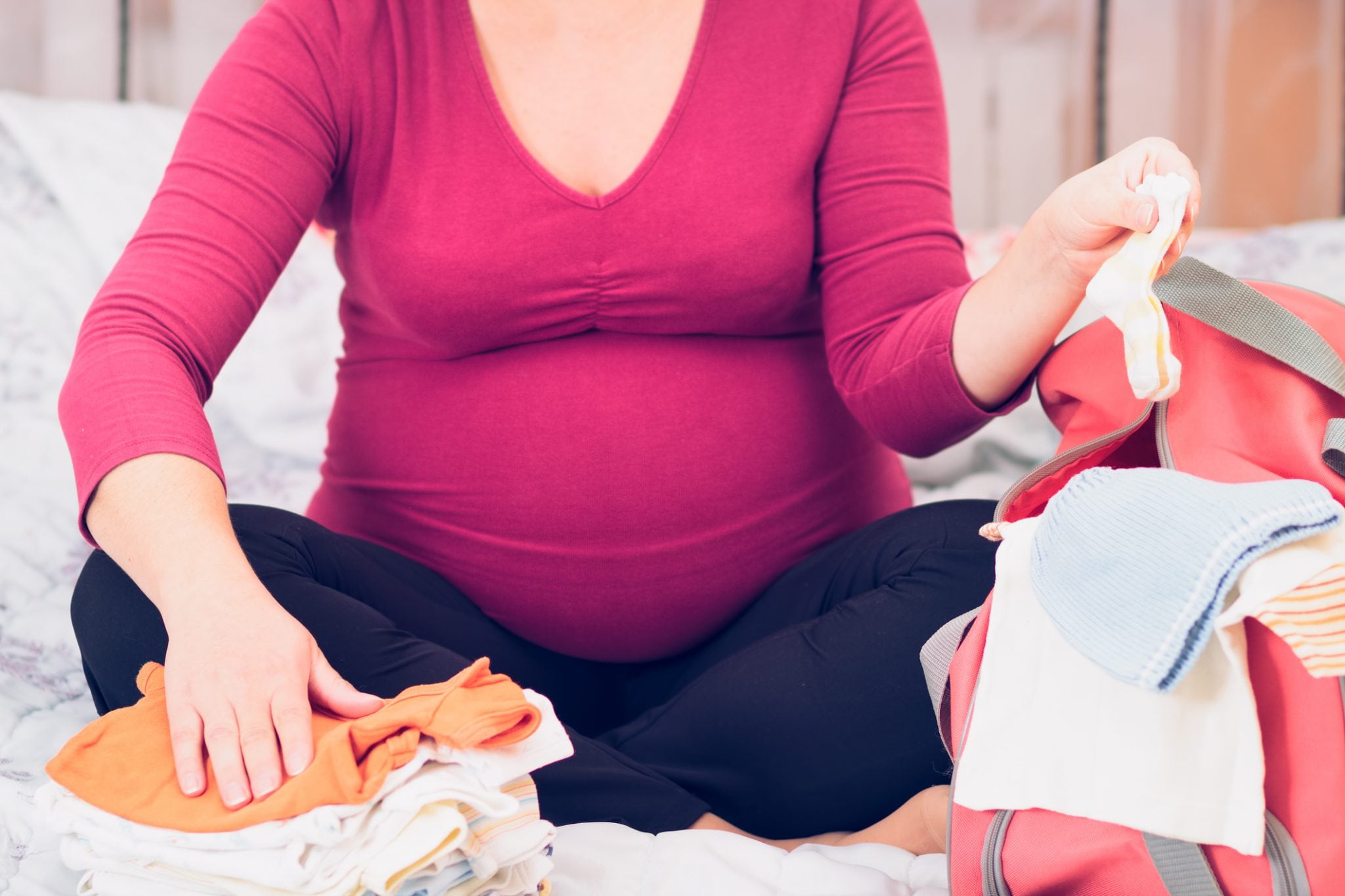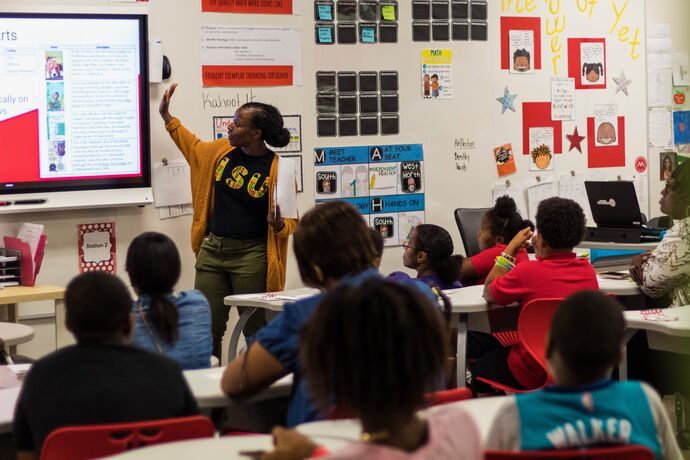
The Great Parent Separation
October 19, 2018“To All Separating from Guardians
Your kids have come into this world due to you two. Maybe both of you settled on lousy decisions with respect to whom you chose to be the other parent. Assuming this is the case, that is your concern and your blame. Regardless of what you think about the other party-or what your family thinks about the other party-these kids are one portion of every one of you.”
When I read this statement by a Family Court Judge I was struck by how emphatically I responded: in addition to the fact that this should be compulsory perusing for each separating from parent, I thought, yet there ought to be ventures set up to uphold it by one way or another! Obviously I realize that is impractical, yet I feel it ought to be! Here’s whatever remains of the statement:
“Keep in mind that, in light of the fact that each time you tell your youngster what a ‘blockhead’ his dad is or what a ‘trick’ his mom is, or how awful the missing guardian is, or what horrendous things that individual has done, you are telling the kid half of him is awful. That is an inexcusable activity to a tyke. That isn’t love. That is ownership. On the off chance that you do that to your kids, you will crush them as without a doubt as though you had cut them into pieces, since that is the thing that you are doing to their feelings.
I genuinely trust that you don’t do that to your youngsters. Ponder your youngsters and less about yourselves, and make yours a sacrificial sort of adoration, not stupid or narrow minded, or your kids will endure.”
Judge Michael Haas – Family Court Judge, Minnesota, USA
I myself am a result of separated from guardians, and furthermore what you would call a ‘numerous divorced person’ while bringing up a tyke. I know direct how agonizing it is – to be in either position. The dejection, disarray and tension of being a youngster feeling torn between your folks, and the anguish and worry of managing every one of the complexities of separation that guardians encounter can’t be depicted as anything besides horrendous. It is anything but difficult to perceive any reason why guardians can here and there neglect to see how profoundly the kids are influenced by the progressions going on in their reality and the modifications they need to make.
My very own encounters assumed a noteworthy job in my decision to end up an instructor and backer for offspring of separation. Throughout the previous two decades, a substantial piece of my training time has been spent aiding separating from guardians make increasingly cognizant and careful changes for their youngsters, and by and large helping them create synergistic, shared child rearing that has brought about their kids winding up composed grown-ups who have a decent association with the two guardians. This is, as you may envision, difficult however is in any case possible and with the correct help can even be moderately calm!
In the start of a family separation it tends to be hard to realize what precisely will make minimal measure of harm the youngsters. Absolutely there are many contrasting convictions and schools of considered this, and at last much of the time, the guardians are the general population best prepared to know their kid’s needs – as long as they are not all that made up for lost time in their very own feelings and plans that their judgment winds up obfuscated. Shockingly, this is very regularly the case.
Fortunately there are a couple of essential contemplations and some self-doubting that can incredibly enable guardians to pick up lucidity and increment their capacity to ‘make the best decision’ by their kids.
CONSIDERING Stowing away WHAT YOU FEEL?
As guardians we need to ensure our kids, and we may trust we are concealing our very own agony and trouble and that our kids don’t know about how we feel. We may likewise expect that in light of the fact that a tyke isn’t showcasing any tension or vexed they are taking care of the circumstance well. Yet, neither of these suppositions are dependable. For an assortment of reasons – relying upon their age, stage, disposition, and relational peculiarities – kids will hold their troubled emotions inside. One youthful six-year old I worked with had persuaded him guardians that he wasn’t irritated by their separation for more than two years. At last he created bad dreams so as often as possible that his mom looked for help. The youthful fellow let me know with a pleased grin; “I have loads of awful sentiments yet no one knows, ‘cos I keep them all inside me! You see I don’t need my mamma to feel all the more awful.” Obviously the focal point of my sessions with him progressed toward becoming helping him to discover and acknowledge approaches to express his feelings. In the same way as other kids in a similar circumstance, he had embraced an enthusiastic consideration taking job for the parent he felt was enduring, thus he held his very own emotions under wraps to shield that parent from further pain. Strangely, his mom trusted she had effectively concealed her pain from her child. More youthful kids additionally frequently feel in charge of the family separation despite the fact that nothing has been said or done to influence them to accept a wonder such as this. One seven-year-old young lady with guardians separating revealed to me she realized that on the off chance that she “a great young lady,” her mom would “let daddy to return.” A four-year-old sibling had temper fits each other night, since he realized that when he shouted for quite some time his mom would telephone his dad and request that he approach quiet him down. The two youngsters were intensely mindful of their dad’s trouble (despite the fact that father guaranteed me he had kept it well covered up and they couldn’t in any way, shape or form know), and the two kids trusted they could unite their folks back. All youngsters feel their folks’ passionate state; regardless of whether the parent demonstrates it or not, and will act as per what they feel instead of what they are told (or not, all things considered).
This last actuality I know not just in light of the fact that both research and mentoring knowledge has educated me, but since I recall distinctively what it felt like to ‘know’ my mom’s pain when she revealed to me she was fine; to ‘know’ my folks’ marriage was an act when they imagined something else; and to be told my emotions weren’t right when I felt them so plainly. The outcome was that I started to question my very own inward ‘knowing’ or instinct, and when I later found that these sentiments had been correct, I turned into an extremely irate youngster surely. Long stretches of treatment later, I have since worked with many individuals who have comparative anecdotes about their childhoods, and kids amidst similar circumstances.
A standout amongst the most essential ways guardians can assist their kids with feeling safe and be flexible amidst family separate is to be consistent; i.e. that what you say and do is consistent with what you feel and what is happening around your kids. For instance: in the event that you are vexed, in any event don’t deny it. On the off chance that you can disclose to them you are not feeling extremely cheerful at the present time, this might be trailed by something as; “I would prefer truly not to feel upset at the present time so I will endeavor to improve myself feel.” At that point do whatever is fitting at the time – regardless of whether it’s going for a run or making some tea – so your kid can observer how you may adequately manage your feelings and that you can assume responsibility of the manner in which you feel. On the off chance that the individual in question additionally feels upset, you may recommend that you take a seat together and talk about the sentiments, and afterward make sense of what you could improve. Most unfriendly circumstances can likewise be extraordinary open doors for learning and building flexibility.
I am obviously not pushing for guardians to share unseemly and ‘grown-up’ data with their youngsters. Nor am I proposing guardians trust in or generally share their distresses with kids. I am recommending that when you feel upset, and particularly when youngsters’ inquiries show that they feel something isn’t right, you don’t deny those emotions. Tell them their sentiments are legitimate, and that there are approaches to express and even move negative feelings, properly.
Thinking about Clash?
in the event that you are in open clash with your youngsters’ other parent, any subsequent harm to your kids can be alleviated when you can deal with your feelings and how much your conflict heightens, especially when the kids are adjacent. Notwithstanding the dimension of your difference, it is imperative that kids are consoled that they are not to fault, and in the event that they do observer struggle, that they additionally witness their folks settling the contentions, regardless of whether you only settle on a truce.
Kids are not outfitted to manage their folks being in struggle, and absolutely not to observe or deal with when guardians are damaging towards one another. Whatever their age, youngsters are alarmed by strife, as a lot after separation as previously, and the dread they feel while seeing battling, contending, threatening vibe, withdrawal or disharmony between guardians is genuine and can be extremely unsafe. One of the manners in which this can show is that kids figure out how to be forceful and manipulative by watching their folks’ threatening vibe. They can without much of a stretch create poor critical thinking aptitudes and negative or troublesome practices, which may all be kept away from if the guardians are aware of their effect on their kids and figure out how to deal with their very own feeling driven activities.
I need to underscore here the point made by Judge Haas in my opening statement: that regardless of what you think about your kids’ other parent, that individual is ‘the other half’ of your youngsters and when you talk seriously of the person in question, you are adequately telling your kids that half of them is terrible.’ It is important that reviews have demonstrated that the contention between guardians can be more harming to the kids than the separation itself.













